Air Filter Replacement Benefits
Most filters should be replaced every 1 to 3 months to ensure optimal performance and air quality.
During peak seasons such as winter and summer, filters may need changing more frequently due to increased system use.
Poor outdoor air quality or indoor pollution sources can necessitate more frequent filter replacements.
Individuals with allergies or asthma benefit from more frequent filter changes to reduce airborne irritants.
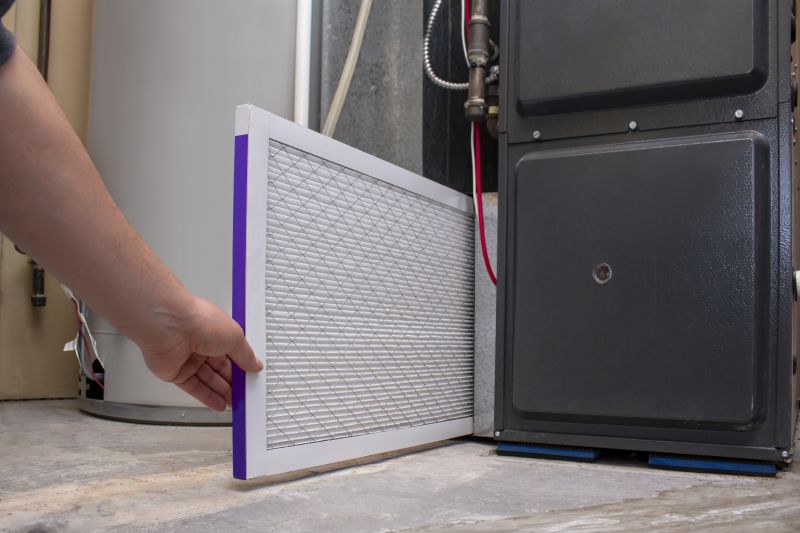
Properly removing and installing filters ensures maximum efficiency and air quality.
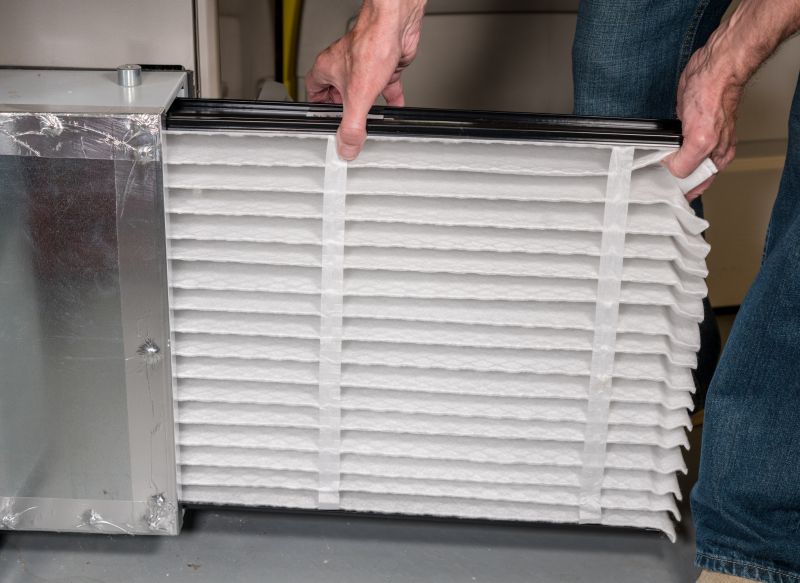
Basic tools like screwdrivers and gloves can facilitate a safe and effective filter replacement.
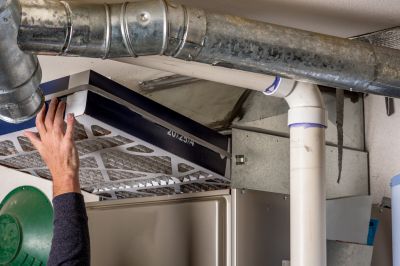
Reduced airflow, increased energy bills, and dust buildup are indicators that a filter needs changing.
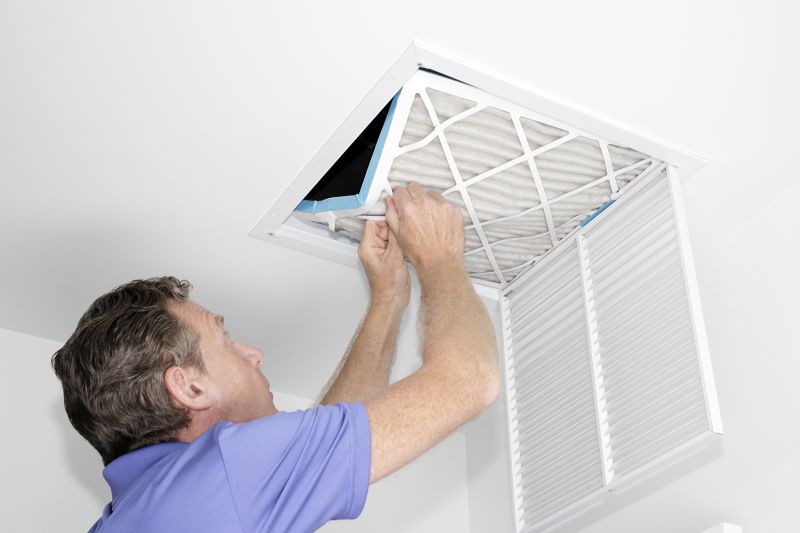
Ways to make Air Filter Changings work in tight or awkward layouts.
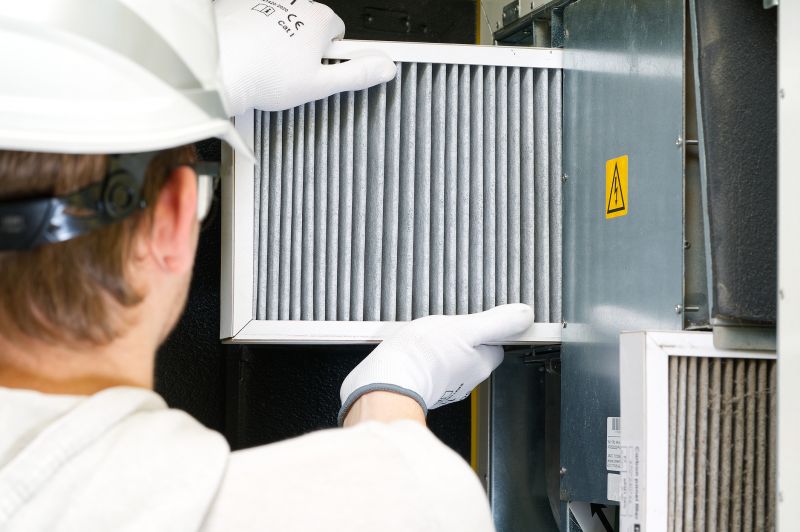
Popular materials for Air Filter Changings and why they hold up over time.
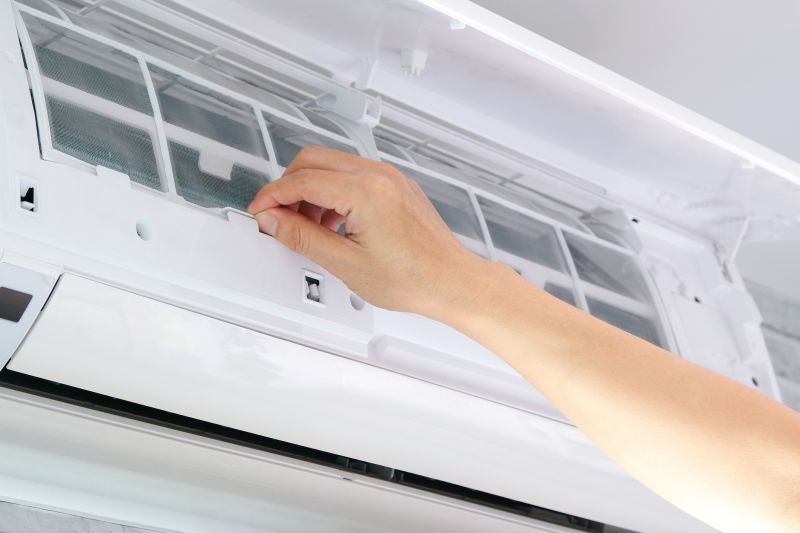
Simple add-ons that improve Air Filter Changings without blowing the budget.
| Factor | Impact on Replacement Timing |
|---|---|
| Air Quality | Poor outdoor air quality can require more frequent changes. |
| HVAC Usage | Higher usage increases filter dirt accumulation. |
| Filter Type | HEPA filters may last longer than standard filters. |
| Pets in Home | Pet dander can clog filters faster. |
| Presence of Allergies | Increased allergy symptoms may signal the need for more frequent replacements. |
| Indoor Pollutants | Cooking, smoking, or cleaning can affect filter lifespan. |
| Seasonal Changes | Peak seasons often require more frequent changes. |
| Manufacturer Recommendations | Follow specific guidelines for each filter type. |
Air filter changings play a vital role in maintaining indoor air quality and HVAC system efficiency. Regular replacements prevent dust, pollen, pet dander, and other airborne particles from accumulating, which can impair system performance and indoor air health. The frequency of filter changes varies based on environmental conditions, usage patterns, and filter specifications, but adhering to recommended intervals ensures optimal operation.
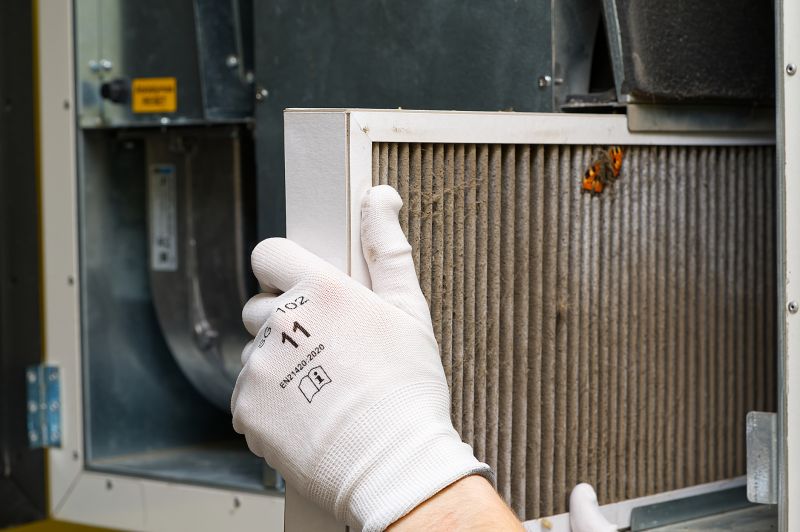
Visual comparison highlights the importance of timely replacements.
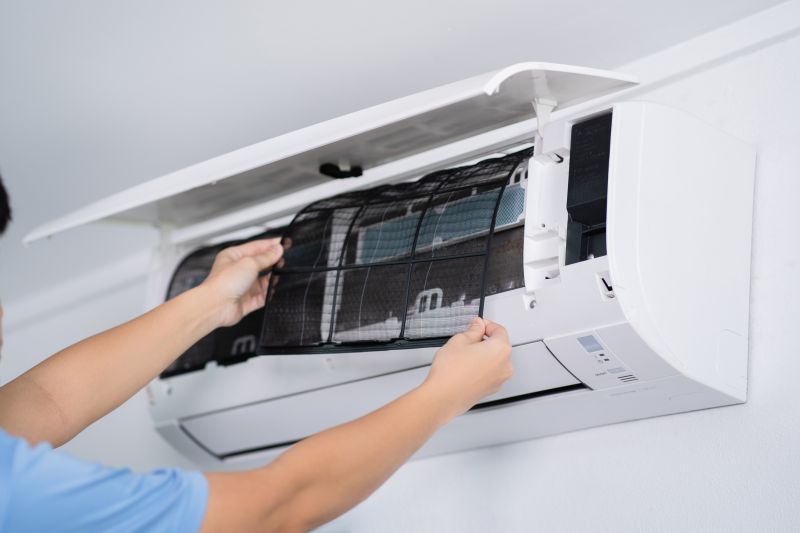
Step-by-step visuals guide proper installation.
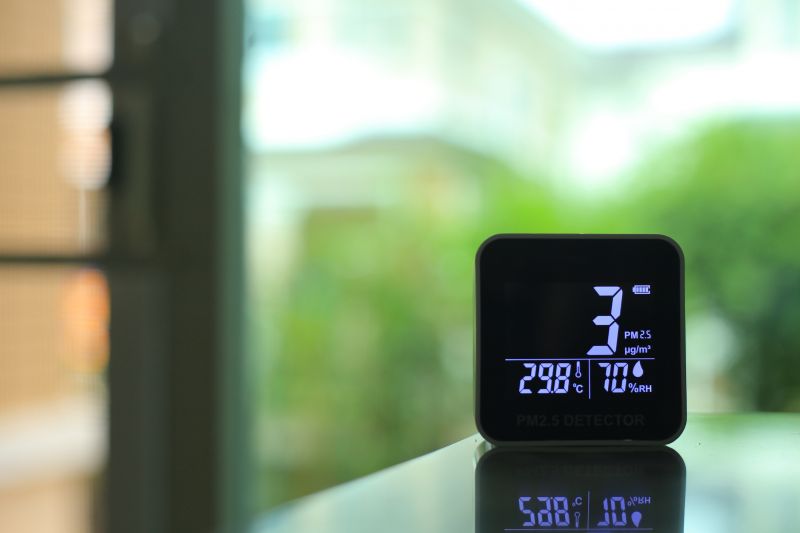
Tools that help determine when filter changes are needed.
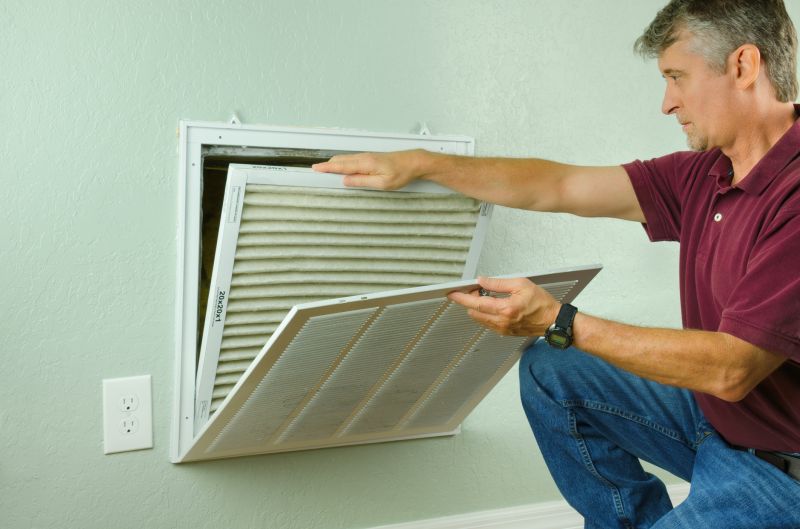
Regular upkeep includes timely filter replacements for efficiency.
Maintaining a schedule for air filter replacements can significantly improve indoor air quality and reduce energy consumption. Regularly inspecting filters and replacing them as needed prevents system strain and prolongs HVAC lifespan. For environments with high pollution or allergens, more frequent changes are advised to sustain optimal air conditions.
Interested in scheduling regular filter replacements? Fill out the contact form to get started.
